This post explains how to say “I want …” in Japanese. As is in English, this expression is rather direct and mature people should avoid using it.


This post explains how to say “I want …” in Japanese. As is in English, this expression is rather direct and mature people should avoid using it.
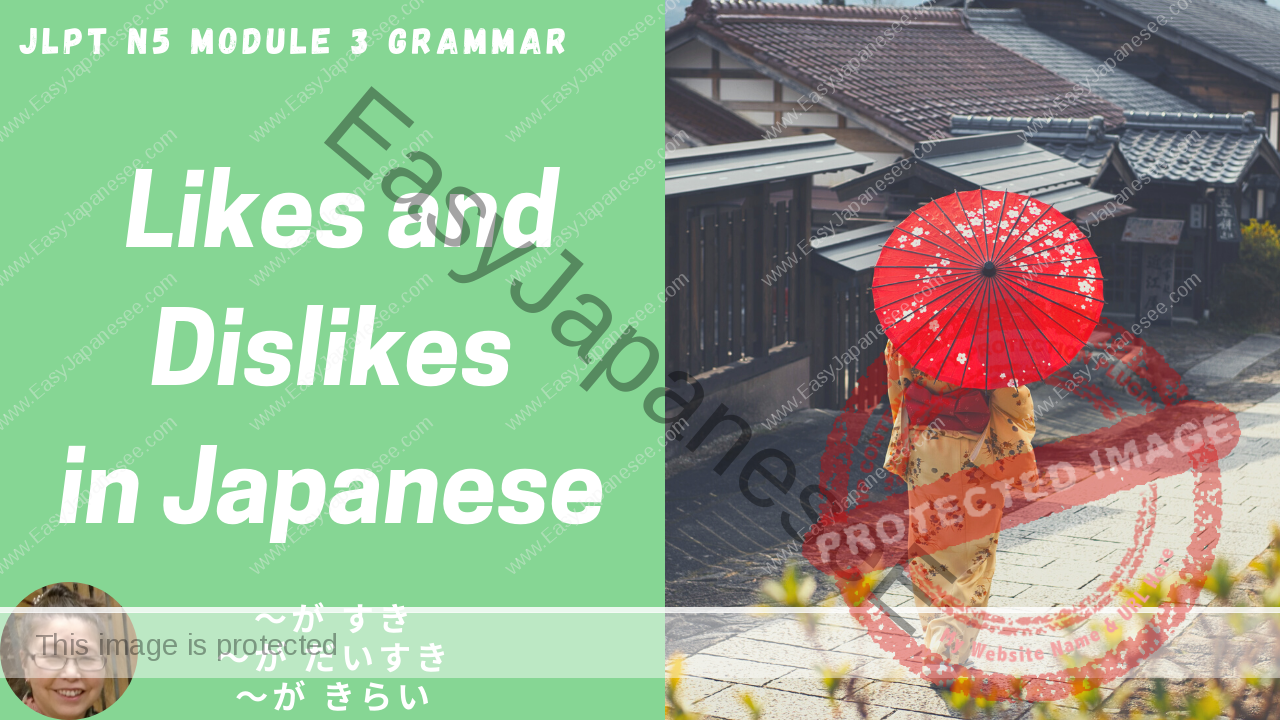
This post explains how to say “I like…” and “I don’t like.” You need to pay attention to the particle が which is a marker for the target of desire.
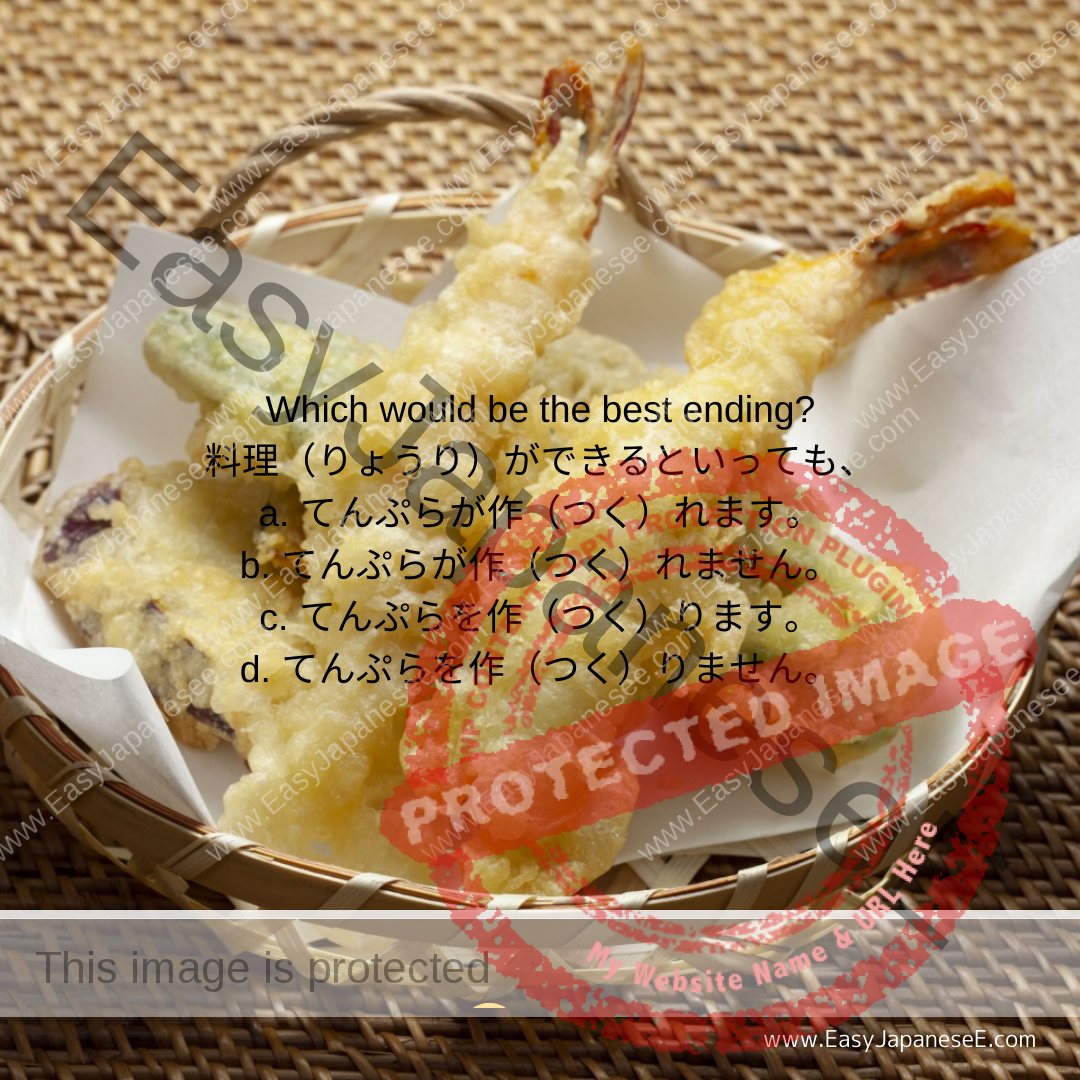
Today’s Question Which would be the best ending?料理りょうりができるといっても、a. てんぷらが作つくれます。b. てんぷらが作つくれません。c. てんぷらを作つくります。d. てんぷらを作つくりません。 Today’s Grammar Point: ~といっても [plain clause] + といっても…
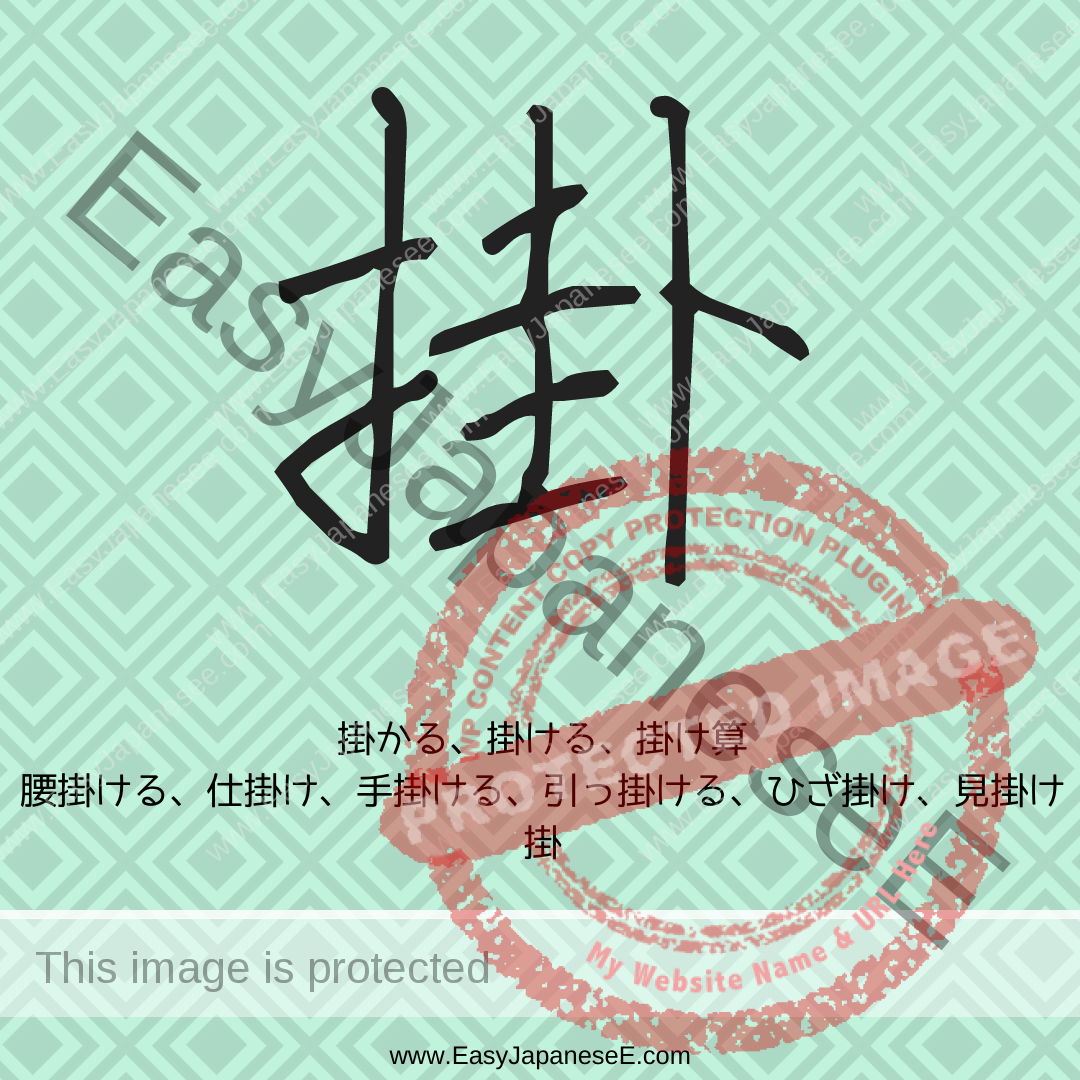
Today’s #kanji is #掛, which is made of its semantic element of #てへん(扌) and phonetic element of 卦. In the…
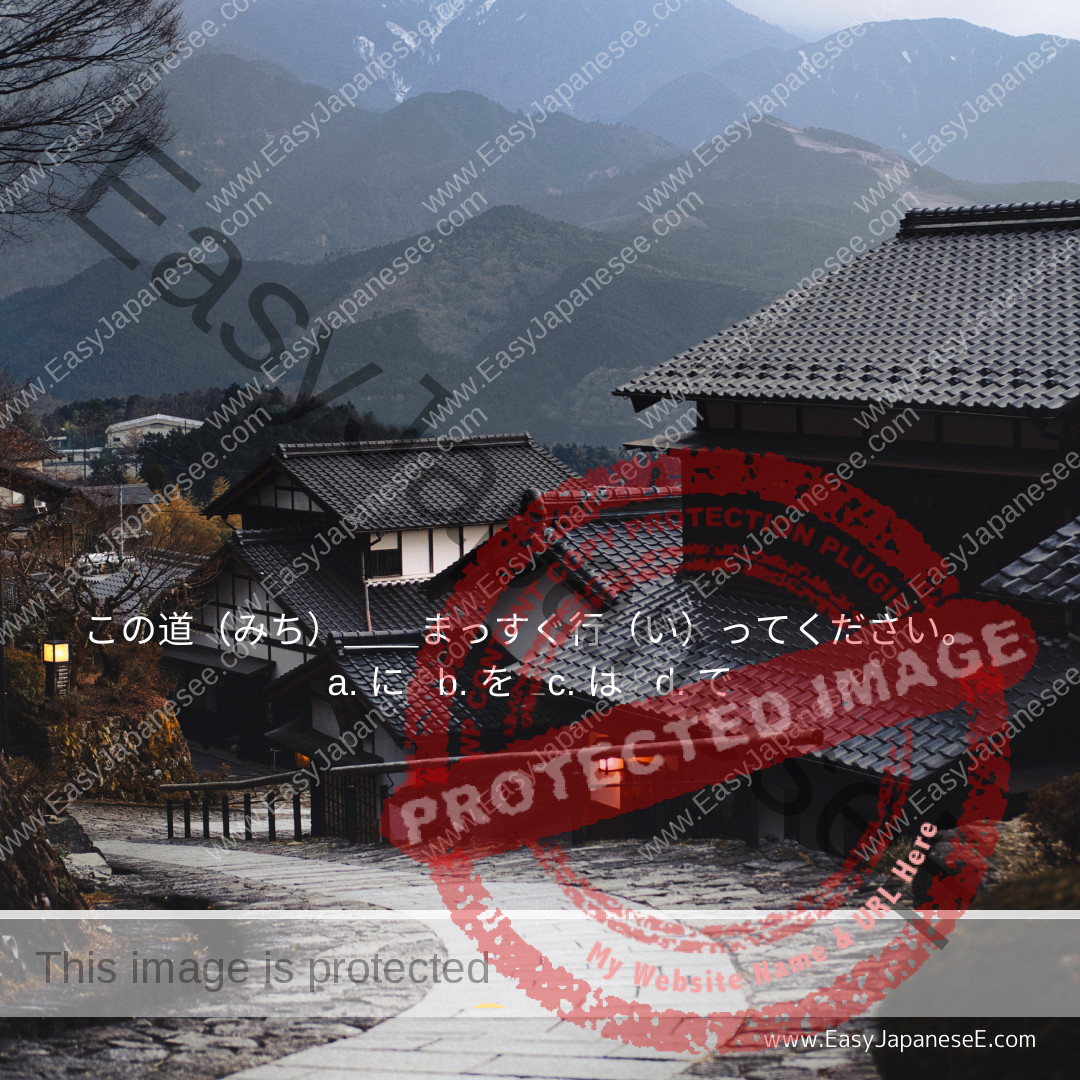
Today’s Question この道みち__まっすぐ行いってください。 a. に b. を c. は d. で Intended meaning of the question sentence Go straight along this…
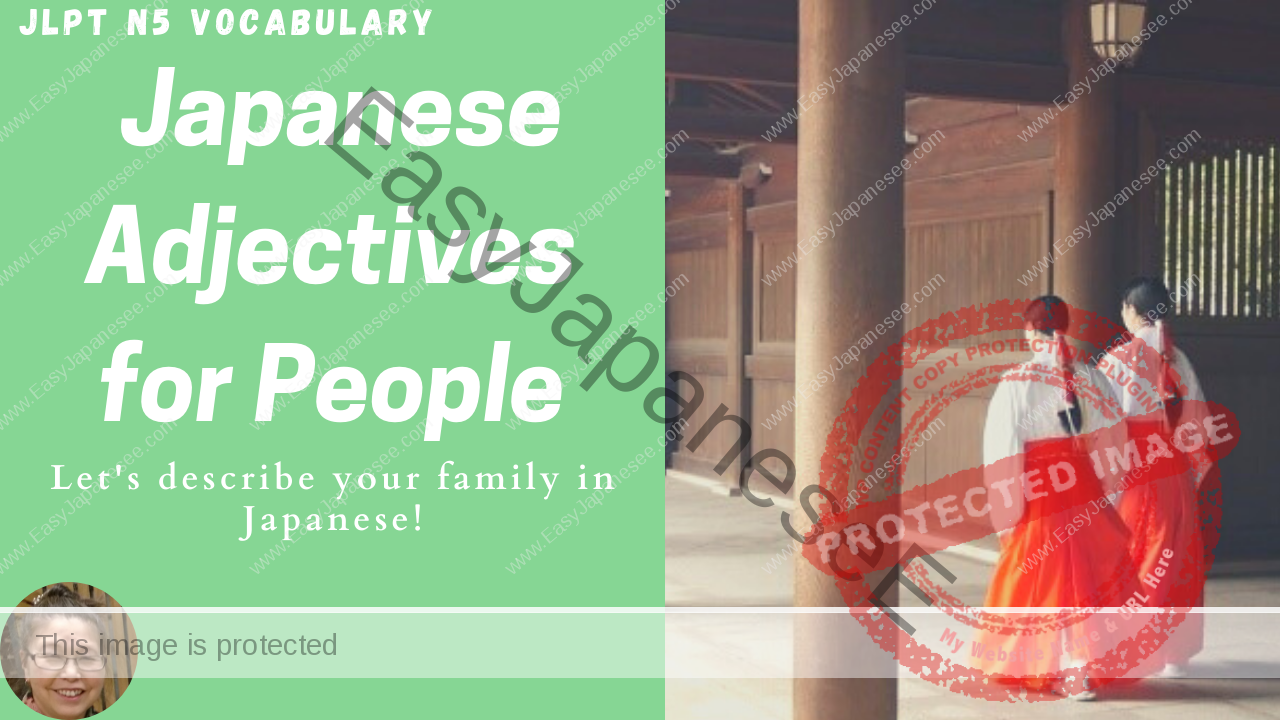
This post explains how you can introduce yourself in Japanese. It has a list of occupations and you can learn to count up to 100 here.
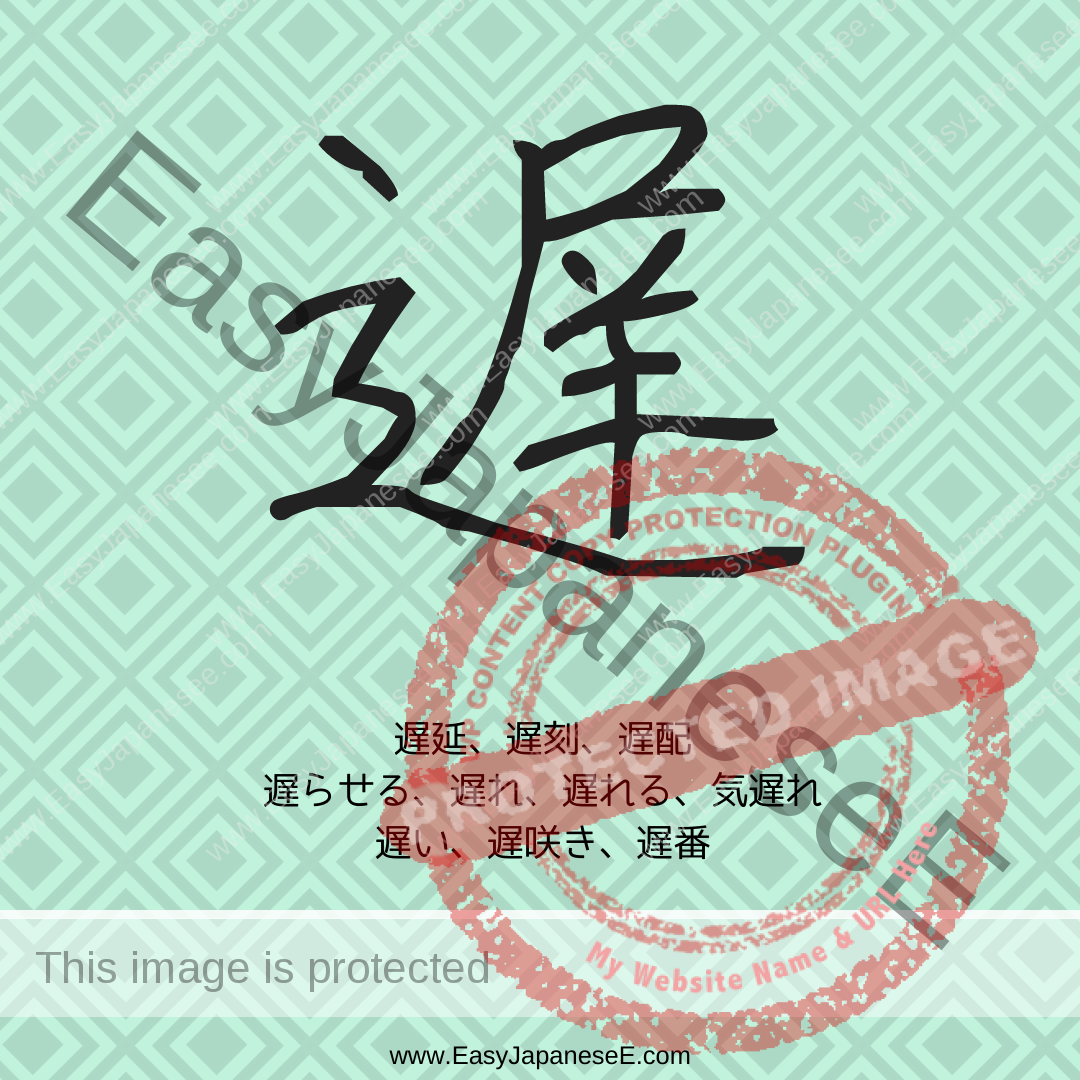
Today’s #kanji is #遅, which is an informal variant of 遲. 遲 is made of its semantic element of #しんにょう(辶)…
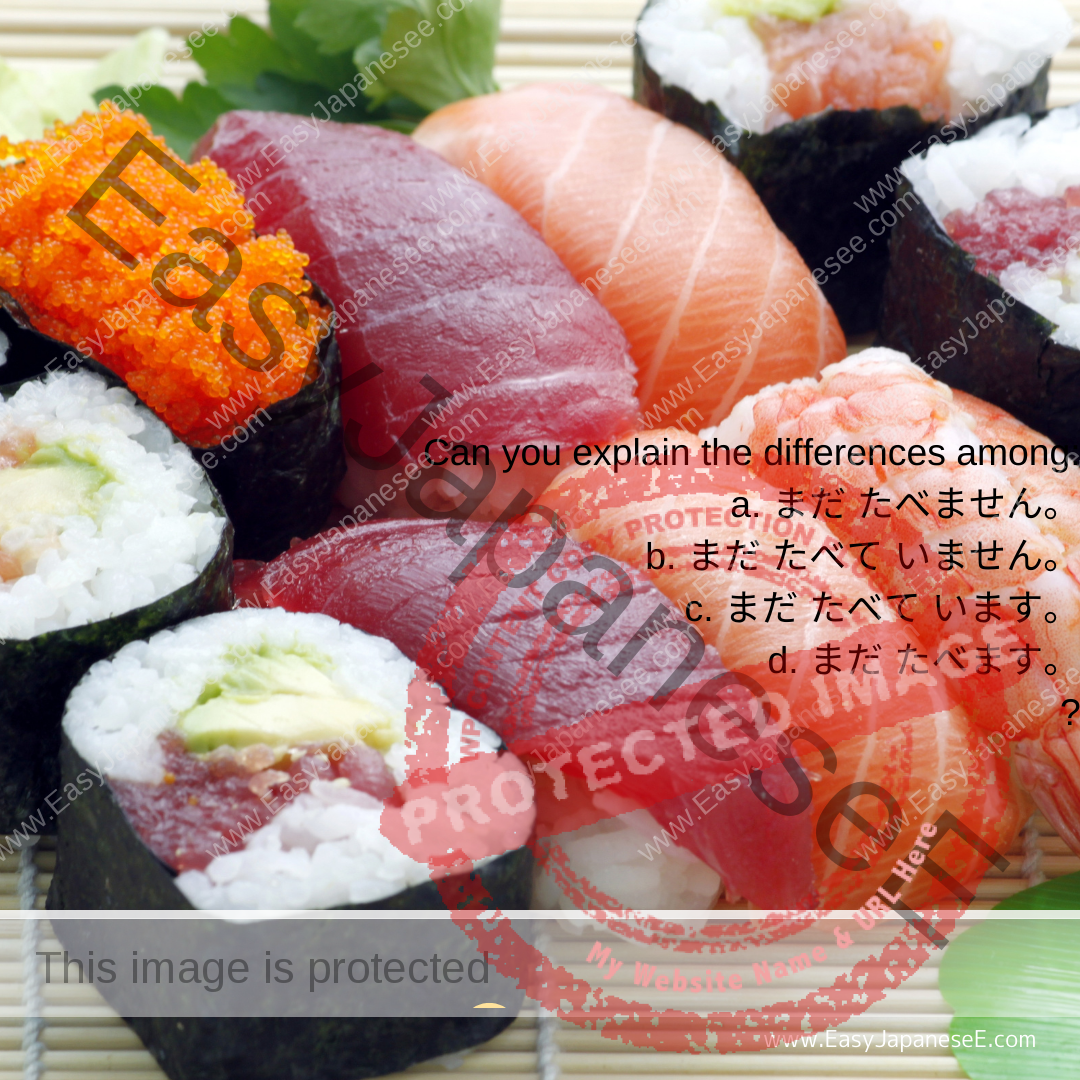
This post compares the meaning of まだ with affirmative and negative verbs, [てform] + います/いません and with noun and adjectives.
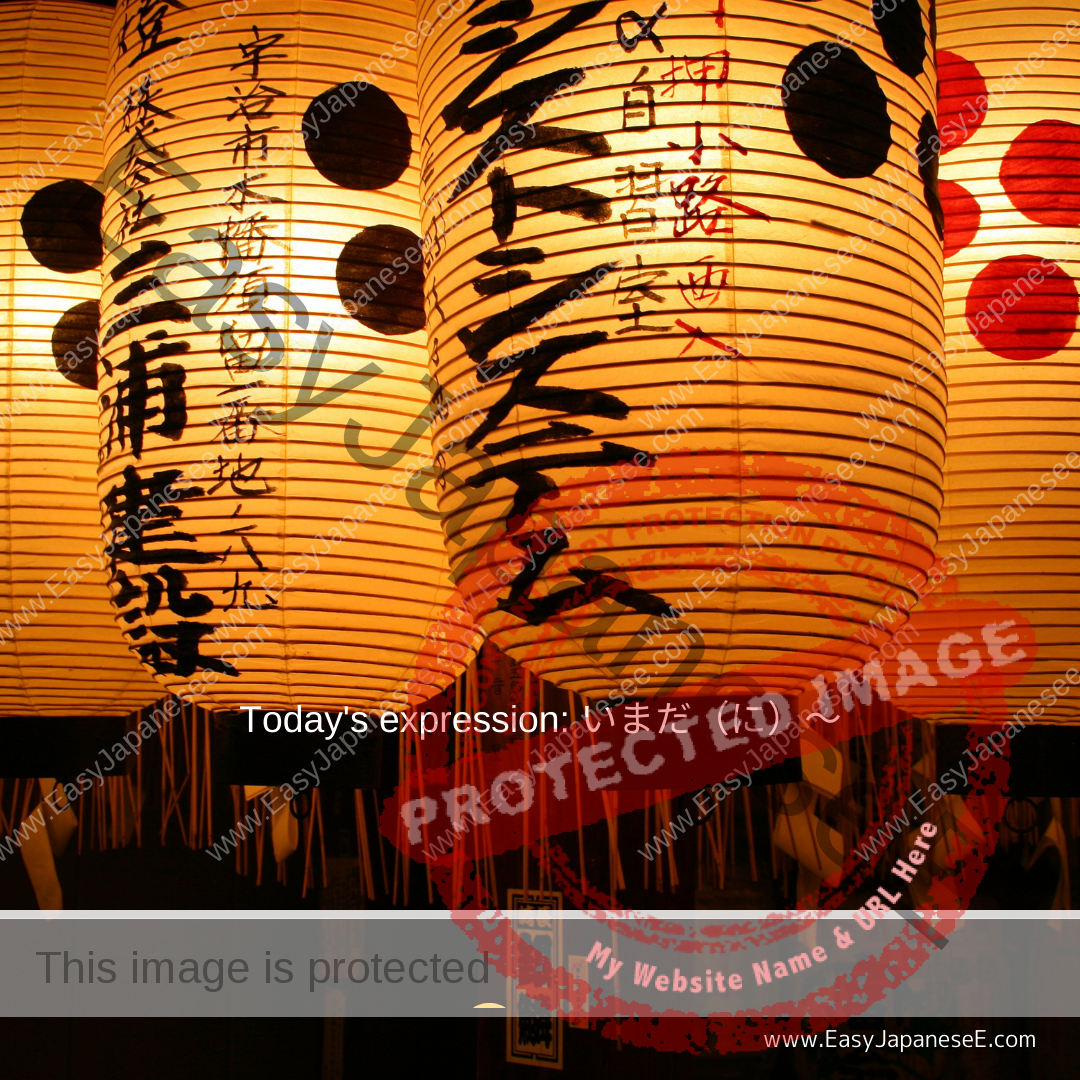
Today’s Question Which いまだに is used correctly? 昨日きのう何なにをたべたか祖母そぼはいまだに忘わすれてしまった。 今朝けさ買かった本ほんをいまだに読よんでいる。 父ちちはいまだにバレンタインのチョコをもらった。 母はははいまだに亡なくなった父ちちの手紙を読よんでいる。 Today’s Grammar Point いまだ(に)~ Connection and Meaning いまだ(に)~ない still…
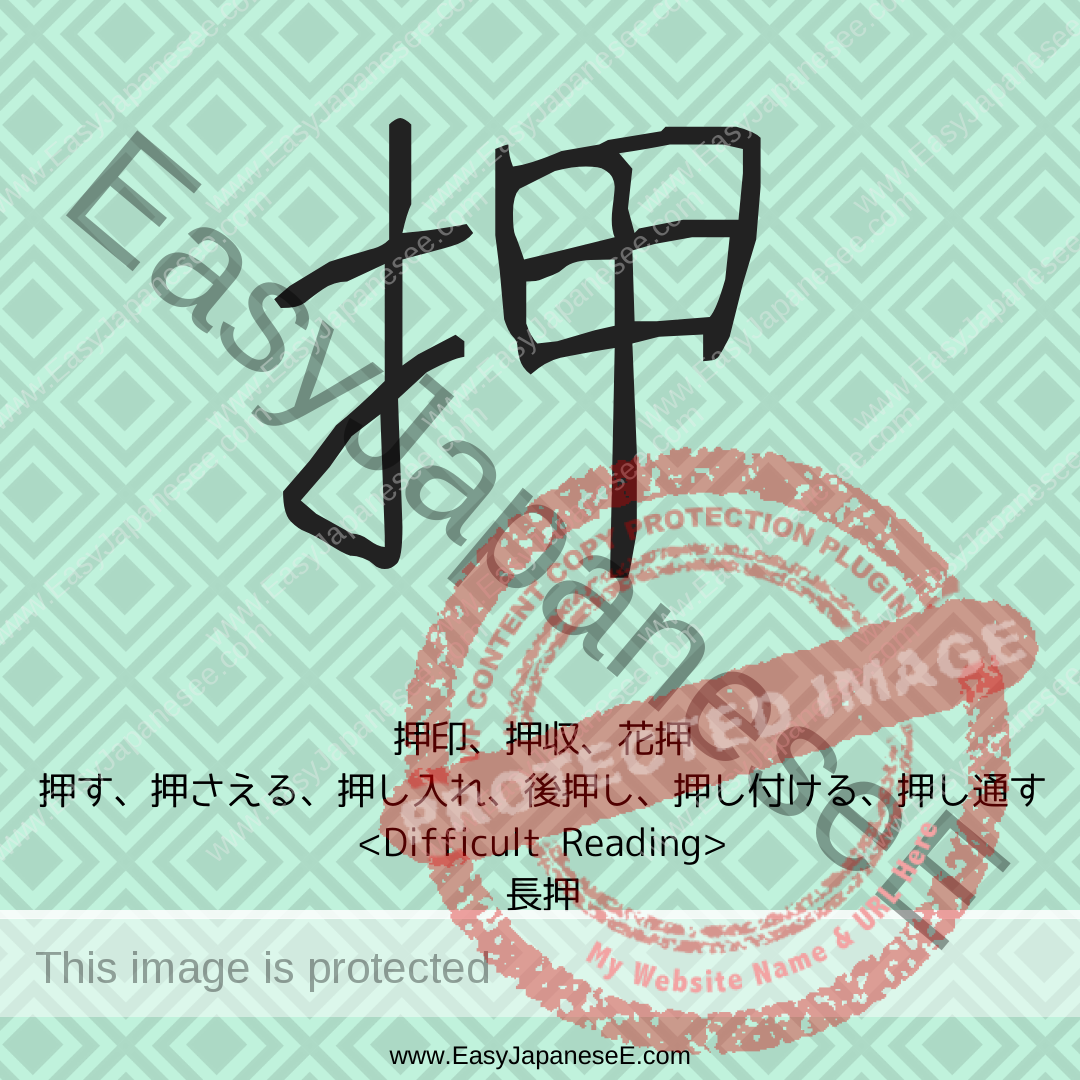
Today’s #kanji is #押, which is made of its semantic element of #てへん(扌) and phonetic element of 甲, although 押…
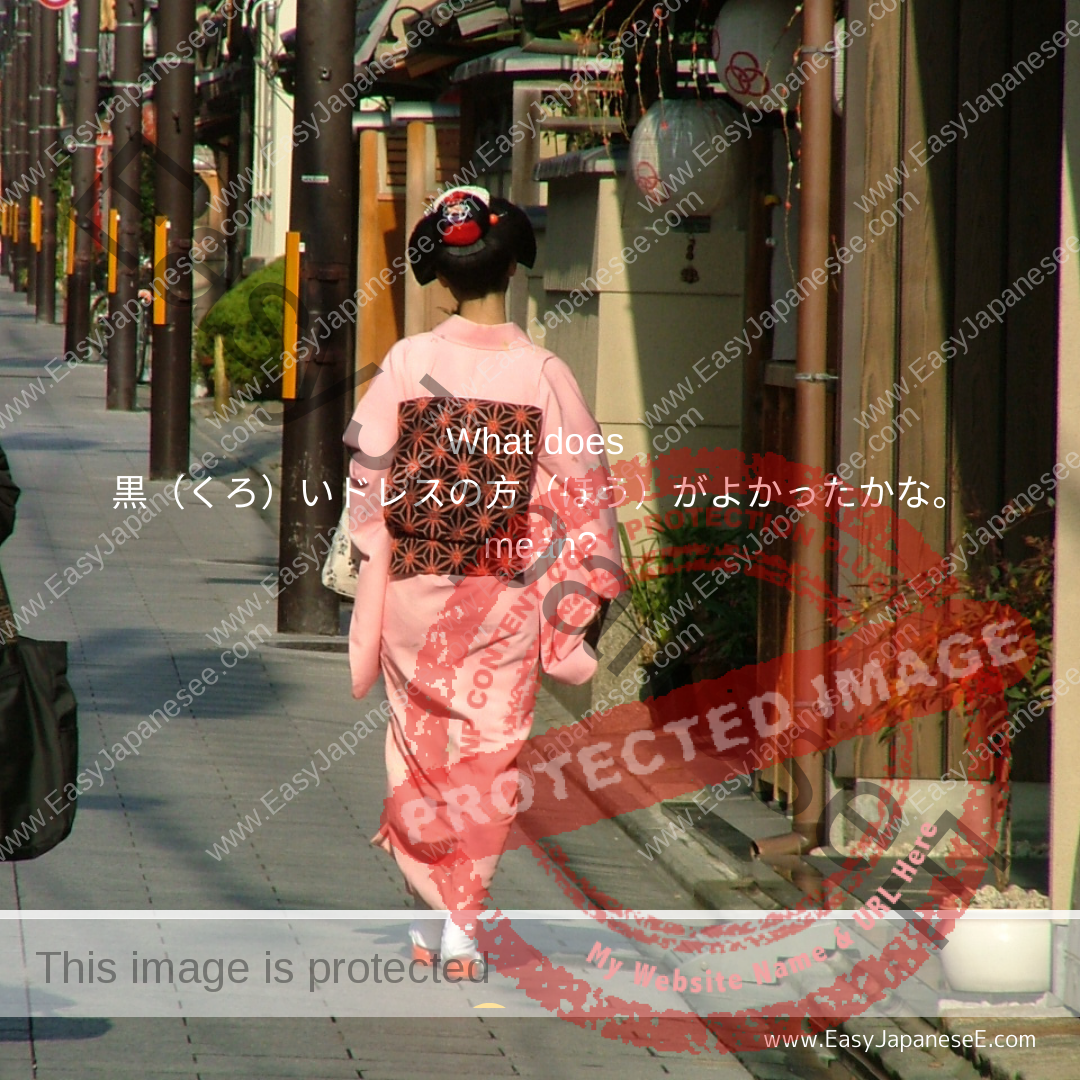
Today’s Grammar Point: ~方(ほう)がよかった Connection [noun] + のほうがよかった[いadj] + ほうがよかった[なadj] + なほうがよかった[verb たform] + ほうがよかった (~ばよかった is more common)[verb ないform] +…
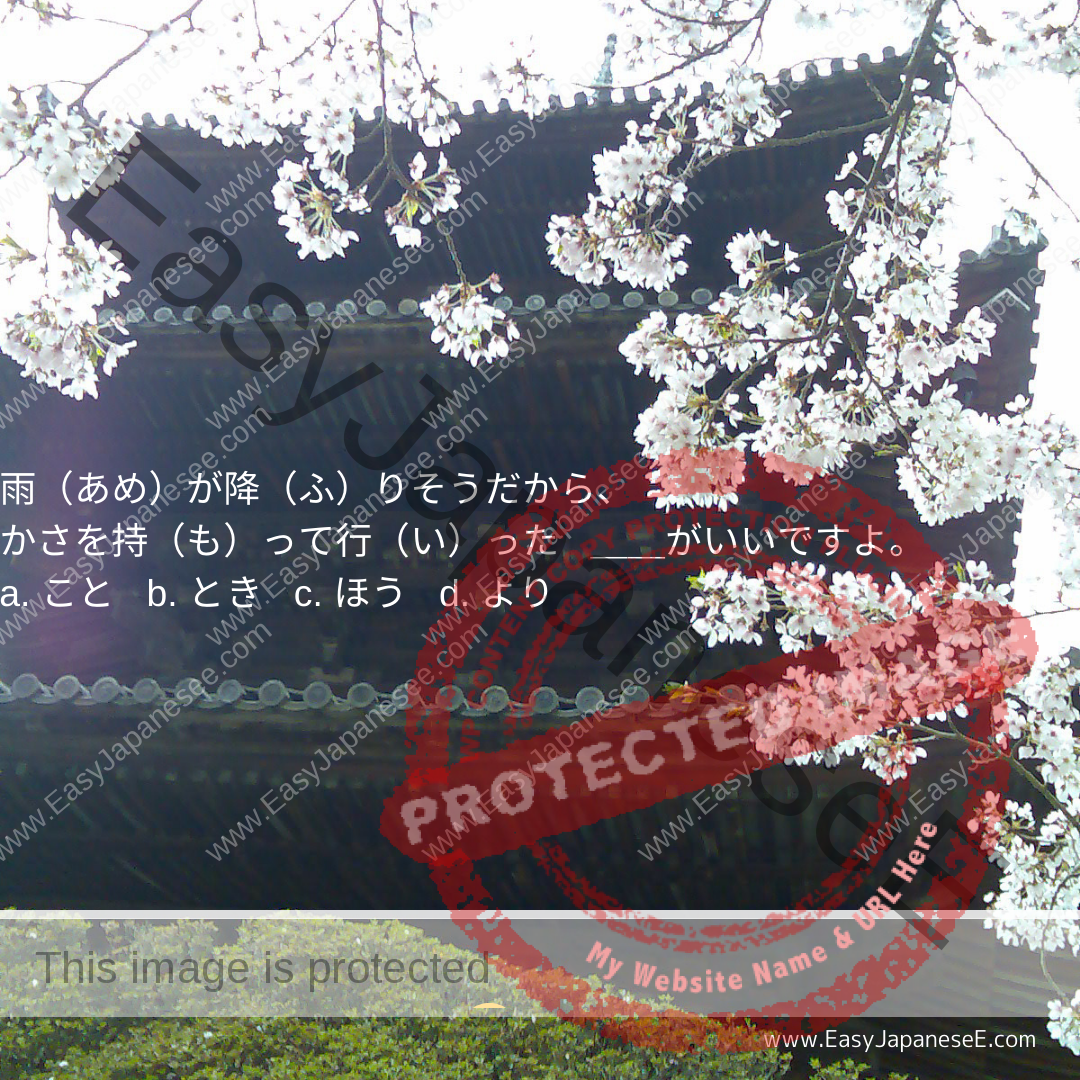
Today’s Question 雨が降りそうだから、かさを持って行った__がいいですよ。a. こと b. とき c. ほう d. より Today’s Grammar Point: ~方(ほう)がいい Connection [verb dictionary form] + ほうがいい…
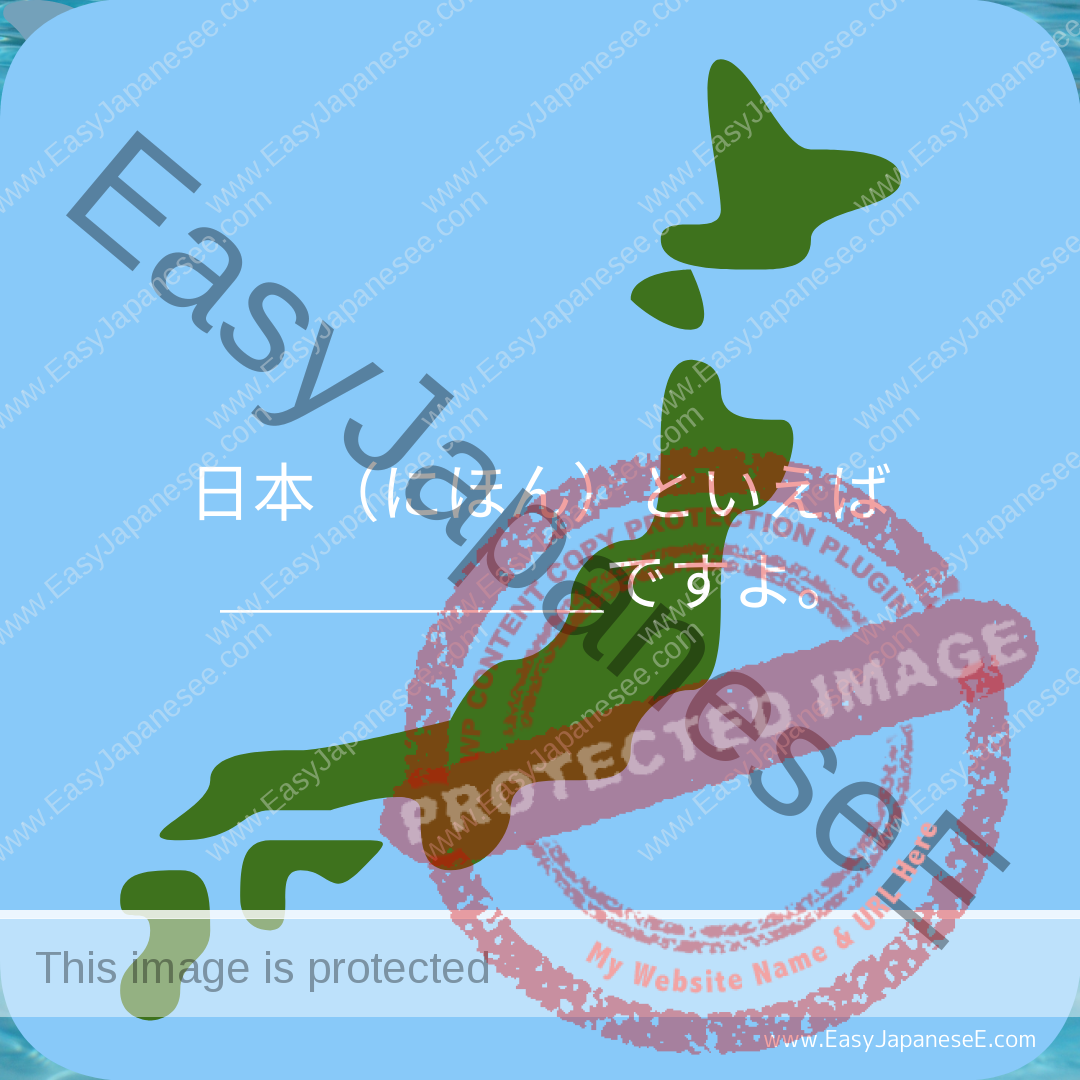
Today’s Question 日本といえば、____ですよ。What would you put in the blank? (Please note there is no right or wrong answer to this…
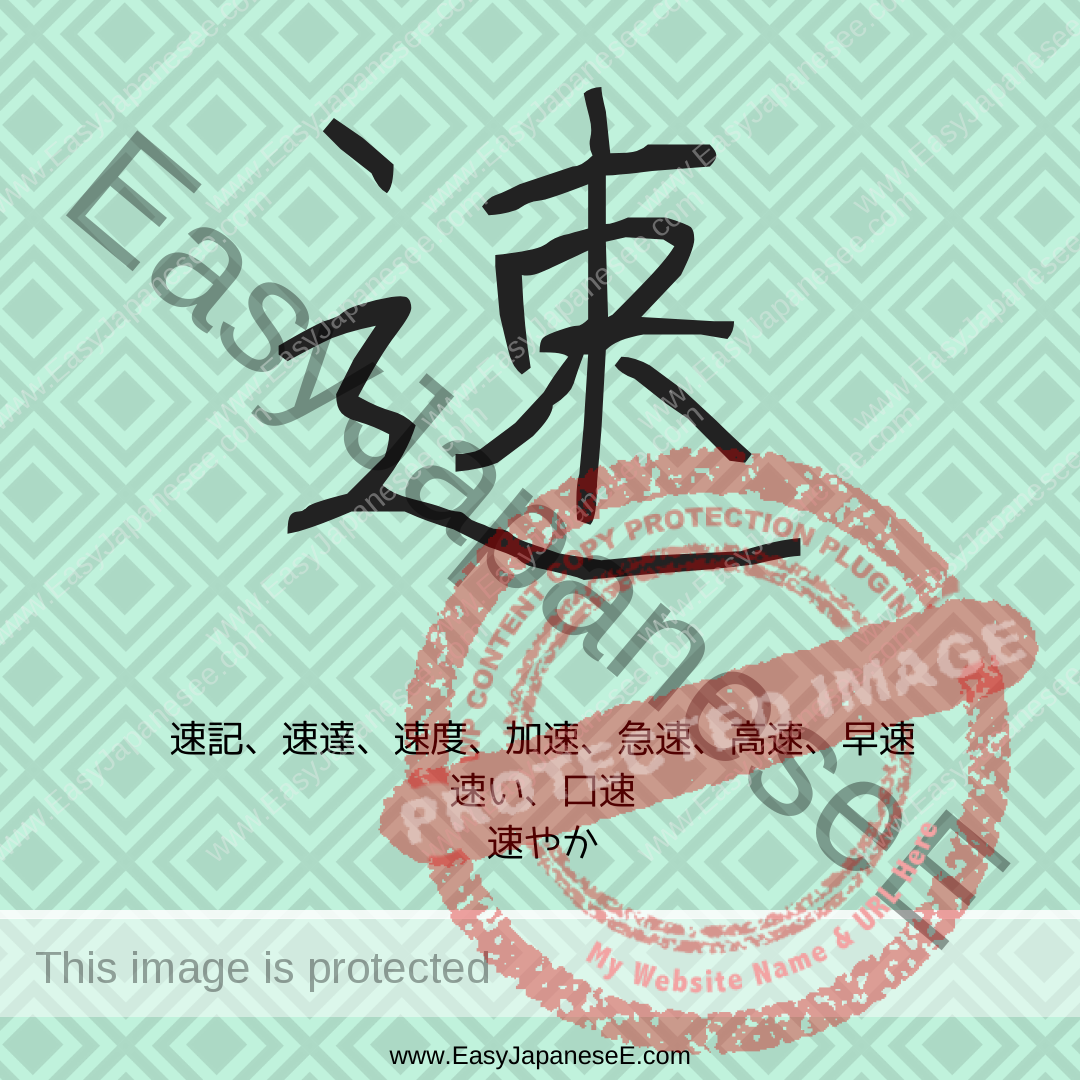
Today’s #kanji is 速, which is made of its semantic element of #しんにょう(辶)and phonetic element of 束. 束 also has the meaning of “busy” and/or “restless.”

When you want to attract attention of a stranger, how do you call him/her? That’s not easy in any language. This post explains how to address people in Japanese

Today’s Grammar Point: ~ということになる Connection [noun] + ということになる[clause] + ということになる Meaning … would mean ~ (It is not as sure…

Today’s Grammar Point: ~ということは、…ということだ Connection [clause A] + ということは、[clause B] + ということだ Meaning [clause A] means [clause B] This pattern…

Today’s Grammar Point: ~ということだ Connection [clause] + ということだ Meaning There are 2 meanings for this. I hear ~, I heard…
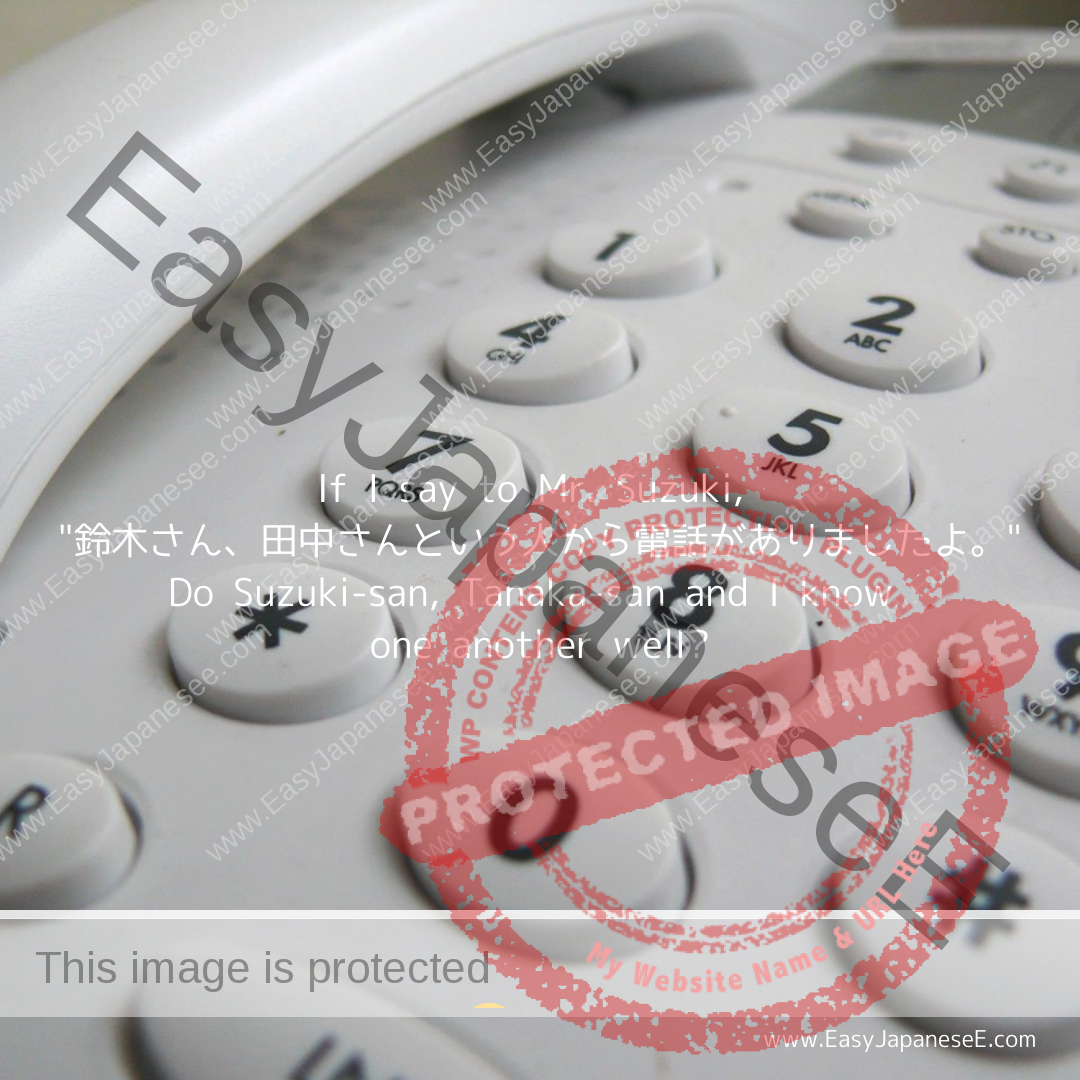
Today’s Question If I say to Suzuki-san, “鈴木すずきさん、田中たなかさんという人ひとから電話でんわがありましたよ。”Do Suzuki-san, Tanaka-san and I know one another very well? Today’s Grammar Point:…
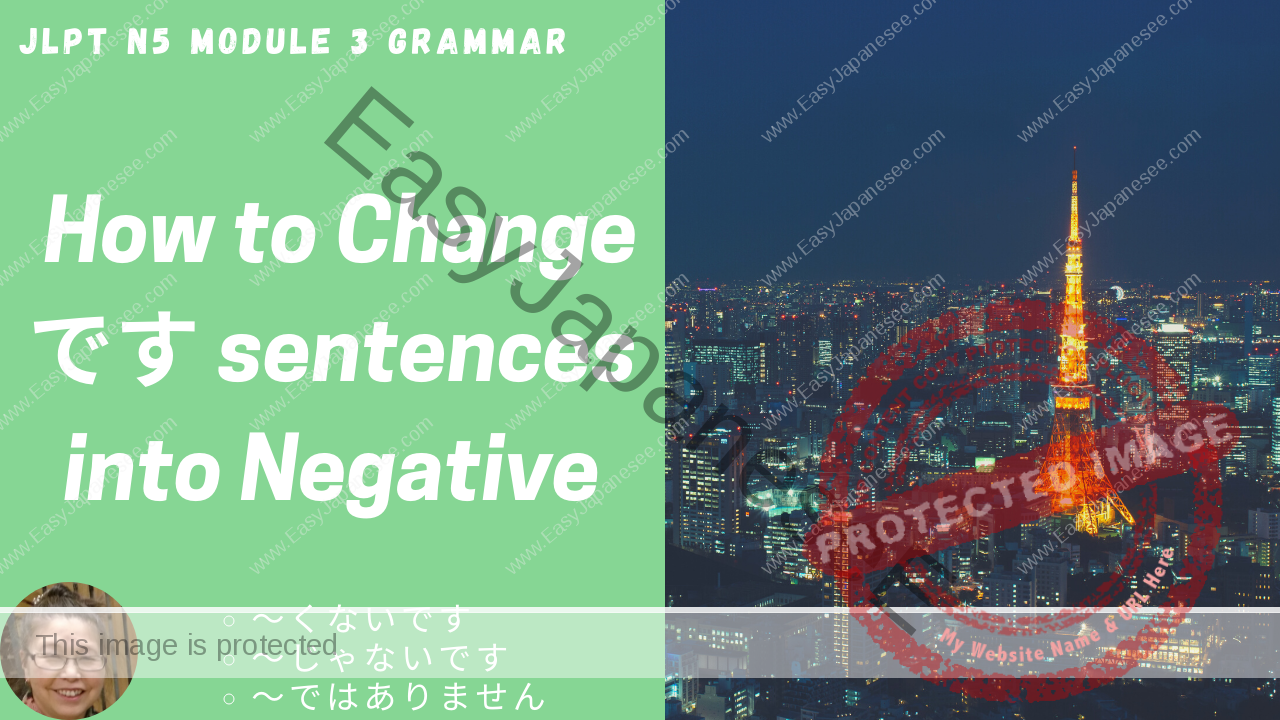
The aim of this lesson Change all です ending sentences to negative. Explanation Video Connection [noun] は [いadjective stem] くない…
